Tradewinds Housing
Roofing Contract
Jim Clark Co
Free Template
A roofing contract defines the work to be done, the materials to be used, the project timeline, and the agreed payment terms. It creates a written document for repairs, replacements, and new installations, giving contractors and property owners an organized way to manage each stage of the roofing project.
Roofing contracts define several project types, each with its own scope, timeline, and materials.



Roofing contracts serve as detailed written agreements that outline how roof repairs, replacements, new construction, and maintenance projects are carried out. Each contract typically outlines the project scope, schedule, payment structure, and contractor qualifications. Common materials referenced in roofing contracts include asphalt shingles, metal roofing, tile, slate, and flat systems like TPO or PVC. Overall, roofing contracts establish a documented framework for organizing and managing every type of roofing project.

Jim Clark Co
Jim Clark Co
This Roofing Agreement (“Agreement”) is entered into as of (the “Effective Date”) by and between Client, legal name ("Client") and the Contractor, legal name/company ("Contractor") (collectively, the “Parties”).
1. Project Dates and Timeline
The roofing services will commence on and are expected to be completed by , subject to weather conditions or other uncontrollable delays. In the event of inclement weather or unforeseen circumstances, the Contractor shall notify the Client and provide an updated timeline for project completion.
Work shall occur between the hours of and , Monday through Friday, unless otherwise agreed in writing.
2. Property Description and Access Rights
The roofing work will take place at the following property address:
Legal Description (optional):
The Client grants the Contractor, its employees, subcontractors, and agents the right to access the premises for all purposes necessary to complete the contracted work. The Client further agrees to allow access to any utility connections needed during the project.
3. Inspection Rights
The Client retains the right to inspect the work during reasonable hours. All work shall be subject to any legally required inspections by municipal or regulatory authorities. The Contractor shall arrange for any required building inspections and shall comply with applicable building codes and regulations.
4. Scope of Work
The Contractor agrees to perform the following roofing services (the “Work”):
The Contractor will follow standard safety procedures and shall be responsible for the cleanup and disposal of all job-related waste materials in a lawful manner. Work areas will be left in reasonably clean condition at the end of each workday.
5. Materials and Responsibility
The following materials will be used for the roofing project:
Materials will be provided by: Contractor Client Shared responsibility:
The Contractor shall ensure that all materials conform to industry standards and project specifications unless otherwise agreed upon in writing.
6. Project Cost and Payment Terms
The total cost of the roofing project is: $
Payment schedule:
7. Licensing, Permits, and Insurance
The Contractor shall be responsible for obtaining all required building permits and shall comply with applicable licensing and insurance requirements.
8. Changes and Cancellations
Any change to the scope of work, materials, pricing, or scheduling must be made in writing and signed by both Parties.
This Agreement may be canceled by either Party with days’ written notice. In the event of cancellation, the Client agrees to pay for all completed work and materials procured up to the date of termination.
9. Warranties
The Contractor provides the following warranties:
The Contractor makes no other express or implied warranties unless explicitly stated in writing.
10. Dispute Resolution
In the event of a dispute, the Parties agree to attempt resolution through:
Mediation
Arbitration
Litigation in the courts of
Each Party shall bear its own legal costs unless otherwise determined by the mediator, arbitrator, or court.
11. Attachments
The following documents are attached and incorporated by reference into this Agreement:
Building Permits
Materials List
Project Specifications
Additional Notes or Addenda (if applicable)
12. Entire Agreement
This Agreement represents the full understanding between the Parties. No oral agreements or promises outside this document shall be binding.
Answers to our most asked questions about roofing contract templates
Contact usDiscover more articles that align with your interests and keep exploring.